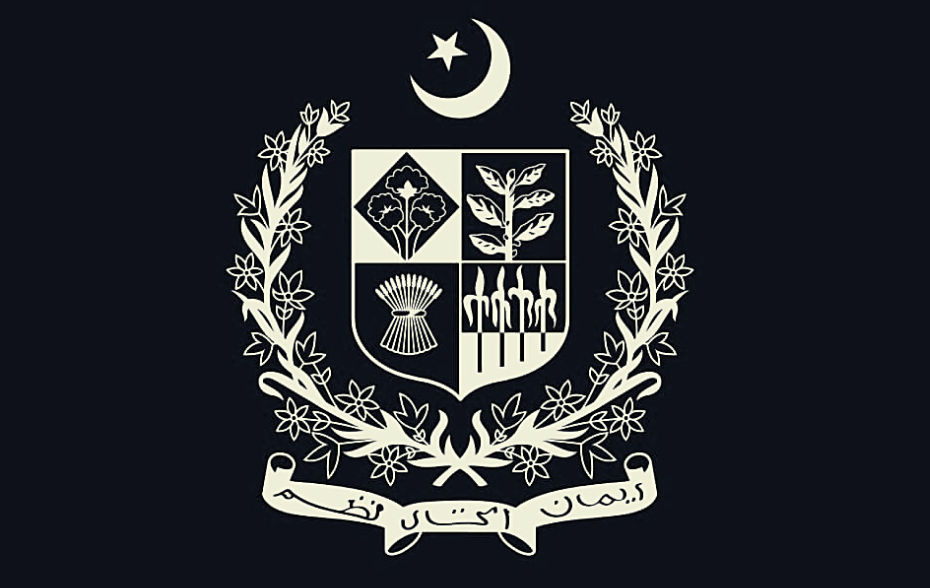Article 190 of the Constitution of Pakistan deals with the powers and jurisdiction of the Supreme Court of Pakistan.
Table of Contents
Overview: Article 190 of Constitution of Pakistan
According to Article 190, the Supreme Court shall have original, appellate, and advisory jurisdiction. Its original jurisdiction includes the power to hear cases involving the enforcement of fundamental rights and disputes between the federal government and a provincial government or between different provinces
What is the Constitution ?
Before we go further, let’s have a look at the meaning of the Constitution:
A constitution is a set of rules and principles that describe the government’s powers, duties, and functions and regulate the relationship between the government and the people. It sets out the framework and regulations that govern the government’s operation and the citizens’ rights and responsibilities. The Constitution is usually consider the land’s highest law, and it’s often written down in a single document or a set of documents.
Meaning of the constitution
The Supreme Court’s appellate jurisdiction extends to civil and criminal cases. It has the power to hear appeals from the high courts and any other court or tribunal as prescribed by law. Read more about the Constitution of Pakistan.

The advisory jurisdiction of the Supreme Court allows the President of Pakistan to seek the Court’s opinion on any question of law or fact of public importance. The Court is not bound to give its opinion. Still, if it does, it is considered conclusive and binding on all other courts in Pakistan.
In addition to its judicial functions, the Supreme Court also has the power to interpret the Constitution and ensure that the country’s laws are in conformity with it. It has the authority to declare any law or executive action inconsistent with the Constitution null and void.
Article 190 also sets out the procedure for the appointment and removal of judges of the Supreme Court. President appoints judges to the Court in consultation with the Chief Justice of Pakistan and the Governor of the province where the vacancy occurs. A judge can be removed from office only by a resolution of Parliament, passed by a two-thirds majority of its members present and voting.
Overall, Article 190 plays a crucial role in the functioning of the Supreme Court and in protecting the fundamental rights of citizens in Pakistan.
Core Points of Article 190 of Constitution of Pakistan:
- Article 190 of the Constitution of Pakistan deals with the powers and jurisdiction of the Supreme Court of Pakistan.
- The Supreme Court has original, appellate, and advisory jurisdiction.
- Its original jurisdiction includes the power to hear cases involving the enforcement of fundamental rights and disputes between the federal government and a provincial government or between different provinces.
- The appellate jurisdiction of the Supreme Court extends to civil and criminal cases. It can hear appeals from high courts and other courts or tribunals as prescribed by law.
- The advisory jurisdiction allows the President of Pakistan to seek the Court’s opinion on any question of law or fact of public importance.
- The Supreme Court has the power to interpret the Constitution and ensure that the country’s laws conform with it. It can declare any law or executive action inconsistent with the Constitution null and void.
- The appointment and removal of Supreme Court judges are governed by Article 190, which requires consultation with the Chief Justice and the Governor of the relevant province.
- Article 190 plays a crucial role in the functioning of the Supreme Court and in protecting the fundamental rights of citizens in Pakistan.
Download the Constitution of Pakistan in PDF
Conclusion: Article 190 of Constitution of Pakistan
In conclusion, Article 190 of the Constitution of Pakistan is a vital provision that outlines the powers and jurisdiction of the Supreme Court and the procedures for appointing and removing its judges. It is an essential safeguard for protecting fundamental rights and ensuring the country’s rule of law.
The various forms of jurisdiction exercised by the Supreme Court, including original, appellate, and advisory, enable it to play a crucial role in administering justice and resolving disputes at the highest level. Overall, Article 190 is an essential part of the legal framework of Pakistan, and its provisions are crucial for the functioning of the country’s judicial system.


